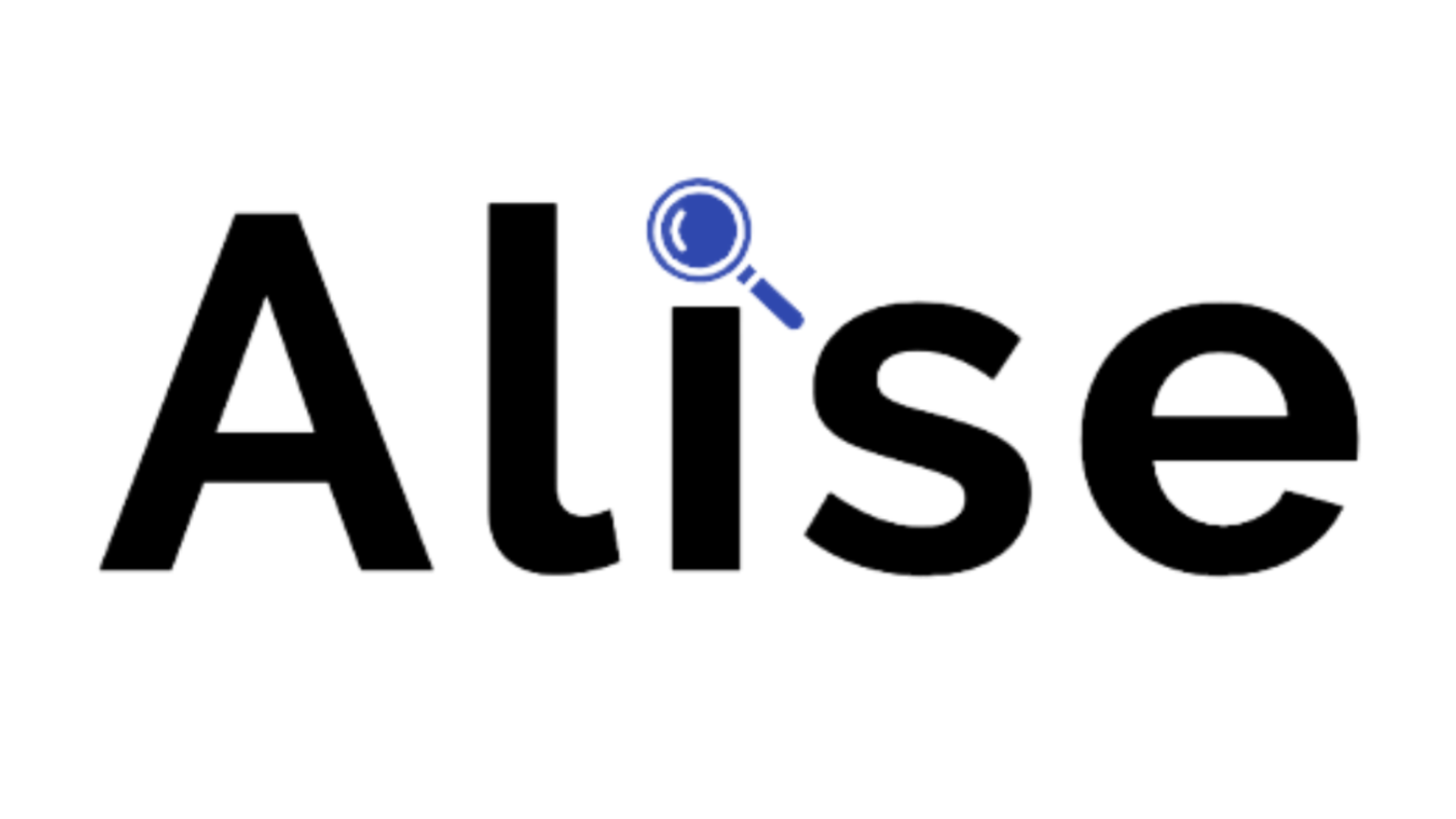Companies spend millions of dollars and countless resources on data storage, but they often spend very little on the hardware that makes accessing that data fast and efficient.
In fact, the IDC found that employees spend on average 9.3 hours per week searching and collecting information. As for knowledge workers, McKinsey found that approximately 30% of their workdays are lost to finding the right information. Moreover, in 2018, an IDC study further found that data professionals waste 50% of their time on a weekly basis. Of that statistic, 30% of time is spent looking for information and the remaining 20% consists of workers replicating data that is unable to be found.
This problem is not only important for company bottom lines but individual worker revenues are affected by such inefficiencies as well. For example, in the law sector, silent and non silent write offs related to findings forms and legal research online and in books account for on average $27,720 and 45 hours lost per partner annually.
Therefore, a real problem exists in terms of data collection efficiency. In reality, there’s a reason why many of us struggle to find the right information when we need it. The data is often buried and spread across multiple databases, applications, and systems. The lack of visibility into the data means employees are forced to spend time searching and waiting for files to be delivered. To add to the issue, workers often add to the data by replicating documents that can’t be found and retrieved in their databases. The result? Lost productivity and lower profitability.
How to overcome Information Inefficiencies
Many companies make use of softwares such as Sharepoint, Dropbox or Google Drive. The issue with these is the presence of unstructured data which hinders the search for information. To overcome inefficiencies, companies must spend time and invest in resources that allow data to be indexed, classified and readily available. To increase the value of the data within a company, the use of software capable of creating meaning from data can be greatly advantageous.
One software that allows such meaningful creation is Alise. Alise streamlines complex data to get the information you need when you need it. The solution allows you to search and discover information from multiple sources – including Microsoft Office 365, SharePoint Server and Exchange – in one place. Alise utilises semantic technology to make information easy to find and distribute. It further has the capability of processing data into meaningful information. This ability comes from its semantic model that creates meaningful order to data structures, linking properties and functions between them allowing for targeted use. Imagine the practicality of an information system that not only finds the document you need but predicts relevant documentation to support it, saving time and money for all.



No responses yet